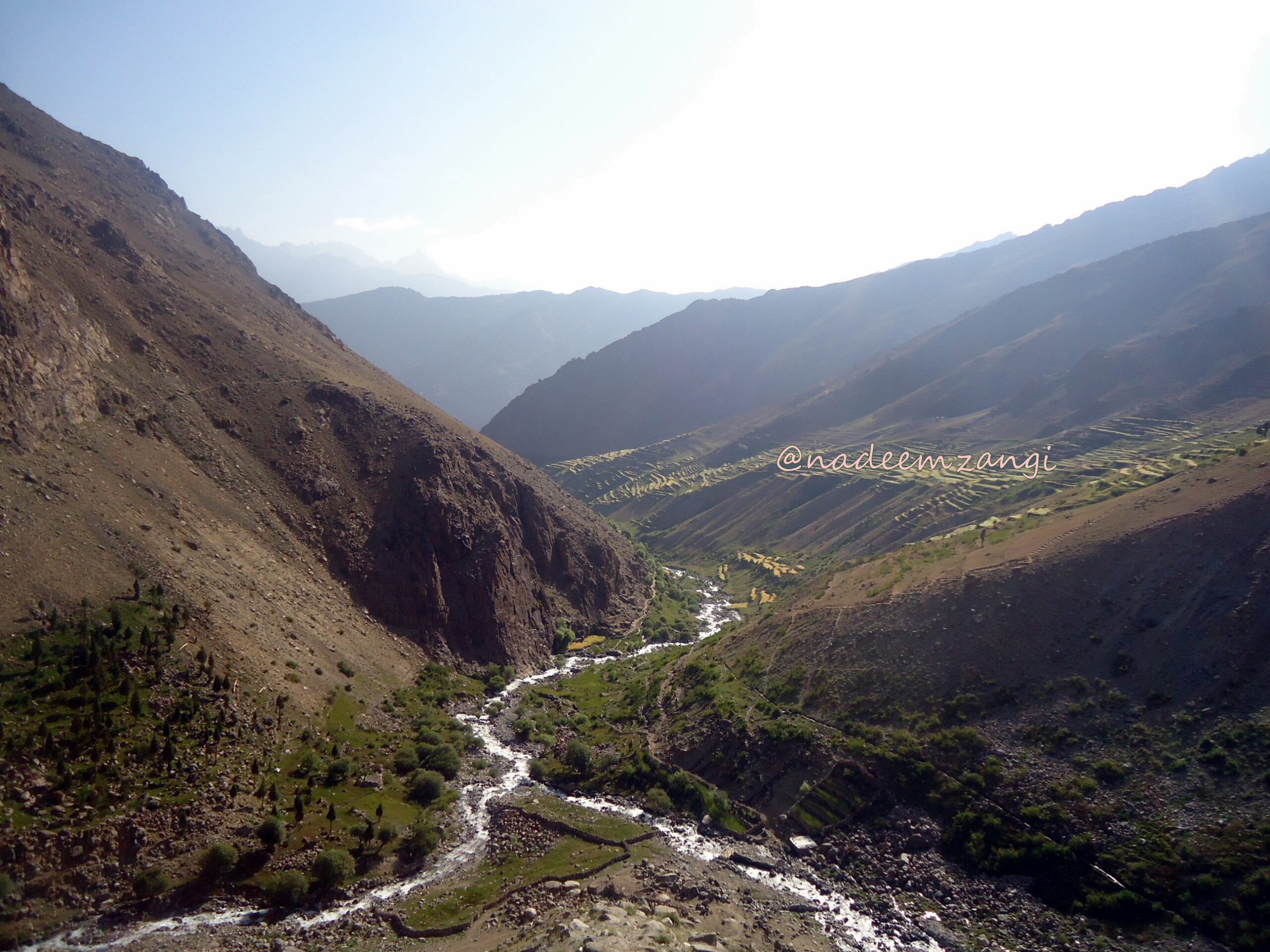- Challenges Mount: Political Maneuvering and nigeria news Drive Investment Decisions.
- Political Influences on Investment
- Economic Indicators and Market Trends
- The Role of Fintech and Digital Transformation
- Infrastructure Development and Investment Needs
- Sector-Specific Investment Opportunities
- Navigating the Risks and Challenges
Challenges Mount: Political Maneuvering and nigeria news Drive Investment Decisions.
The economic and political landscape of Nigeria is currently undergoing a period of significant transformation, heavily influencing investment decisions across various sectors. Recent developments, combined with fluctuating global markets, have created both challenges and opportunities for those seeking to engage with Africa’s largest economy. Understanding these dynamics is crucial for investors looking to navigate the complexities and capitalize on potential growth areas. This analysis will delve into the key factors at play, examining the interplay between political maneuvering and the latest nigeria news, and how these forces are shaping the investment climate.
Nigeria’s vast potential, driven by its large population and abundant natural resources, continues to attract attention. However, realizing this potential requires navigating a complex web of political, economic, and social issues. Instability in certain regions, ongoing security concerns, and bureaucratic hurdles all contribute to the challenges faced by investors. Successfully mitigating these risks requires a comprehensive understanding of the operating environment, and a careful assessment of the factors influencing the current investment climate.
Political Influences on Investment
The political situation in Nigeria is a dominant factor influencing investment decisions. Shifts in government policy, regulatory changes, and the outcomes of elections all have the power to significantly impact investor confidence. The current administration’s policies concerning foreign investment, trade, and fiscal management are constantly under scrutiny. Transparency and predictability in governance are critical for attracting long-term investment, but these qualities are sometimes lacking. Investors closely monitor political developments, assessing the potential for policy reversals, corruption, and other risks that could jeopardize their investments. Recent legislative changes around taxation and import duties have created uncertainty, prompting careful analysis from international firms.
| Taxation | Introduction of new value-added tax (VAT) rates. | Increased cost of doing business; potential for reduced profitability. |
| Import Duties | Increased tariffs on certain imported goods. | Higher import costs; potential supply chain disruptions. |
| Foreign Exchange | Fluctuations in the exchange rate. | Currency risk; decreased investment returns. |
Economic Indicators and Market Trends
Substantial shifts are happening in the Nigerian economy, influencing how capital is allocated. The price of crude oil, Nigeria’s primary export, continues to be a major determinant of economic health. Global demand, production levels, and geopolitical events all contribute to oil price volatility. Beyond oil, diversification efforts are underway in sectors such as agriculture, technology, and manufacturing. However, these sectors often face challenges related to infrastructure deficits, access to finance, and a skilled workforce. Analyzing key economic indicators, such as GDP growth, inflation rates, and unemployment figures, is essential for understanding the overall economic outlook and evaluating investment opportunities. The Central Bank of Nigeria’s monetary policy also plays a significant role, impacting interest rates, credit availability, and the overall cost of capital.
The Role of Fintech and Digital Transformation
Nigeria is experiencing rapid growth in its fintech sector, attracting significant investment and fostering innovation. Mobile payment systems, digital banking platforms, and online lending services are becoming increasingly popular, particularly among the unbanked population. This digital transformation offers immense potential for financial inclusion, economic empowerment, and job creation. However, regulatory challenges and cybersecurity risks need to be addressed to ensure sustainable growth in the sector. The government is actively promoting policies to support fintech innovation, recognizing its potential to drive economic development. This includes initiatives to encourage investment in technology startups, provide access to funding, and create a regulatory framework that fosters innovation while mitigating risks. Investing in Nigerian fintech presents a compelling case for those seeking high-growth opportunities in an emerging market, but due diligence and a thorough understanding of the local regulatory landscape are crucial. Developments in this area are consistently covered in nigeria news outlets.
Infrastructure Development and Investment Needs
Nigeria’s infrastructure deficit remains a significant barrier to economic growth and investment. Inadequate transportation networks, unreliable power supply, and insufficient access to clean water and sanitation all hinder business operations and increase costs. Addressing these infrastructure gaps requires substantial investment from both the public and private sectors. The government is actively seeking foreign investment in infrastructure projects, offering incentives such as tax breaks and public-private partnerships. Key areas of focus include transportation (roads, railways, ports), power generation and distribution, and telecommunications. The country’s extensive railway modernization project, for instance, is attracting significant foreign investment as investors recognize the potential for increased trade and economic activity. Overcoming challenges associated with bureaucratic delays, land acquisition, and security concerns is crucial for successful project implementation. The consistent demand for better infrastructure is documented extensively in reports analyzing the economic realities in Nigeria.
Sector-Specific Investment Opportunities
Several sectors in Nigeria offer attractive investment opportunities. The agricultural sector, with its vast arable land and growing population, has the potential to become a major driver of economic growth. Investing in agricultural processing, storage, and distribution can add value to agricultural products and reduce post-harvest losses. The manufacturing sector also presents opportunities for import substitution, export promotion, and job creation. With a growing middle class and increasing consumer demand, there is a significant potential market for locally manufactured goods. The renewable energy sector is another area of growing interest, given Nigeria’s abundant solar and wind resources. Investing in renewable energy projects can contribute to energy security, reduce carbon emissions, and create new economic opportunities.
- Agriculture: Investing in food processing and value chain optimization.
- Manufacturing: Focusing on sectors with import substitution potential.
- Renewable Energy: Promoting sustainable power solutions.
Navigating the Risks and Challenges
Investing in Nigeria involves navigating a number of risks and challenges. Political instability, security concerns, corruption, and bureaucratic hurdles all pose potential threats to investors. Careful due diligence, risk assessment, and robust mitigation strategies are essential. Partnering with local experts, conducting thorough market research, and establishing strong relationships with key stakeholders can help minimize risk. Diversifying investments across multiple sectors and regions can also reduce exposure to specific risks. Insurance and political risk guarantees can provide additional protection against unforeseen events. It’s crucial to stay informed about the latest developments in nigeria news and maintain ongoing communication with local authorities and industry experts.
- Conduct thorough due diligence before investing.
- Assess and mitigate political and security risks.
- Establish strong relationships with local partners.
- Diversify investments across sectors and regions.
| Political Instability | Political risk insurance; diversification of investments. |
| Security Concerns | Enhanced security measures; risk assessments; community engagement. |
| Corruption | Compliance programs; transparency; partnerships with reputable organizations. |
| Bureaucratic Delays | Engaging local consultants; establishing relationships with relevant authorities. |
Ultimately, successful investment in Nigeria requires a long-term perspective, a commitment to sustainable development, and a willingness to navigate the country’s unique challenges. While risks are certainly present, the potential rewards – stemming from Nigeria’s vast resource base and growing economy – are significant for those prepared to engage responsibly and strategically.
























